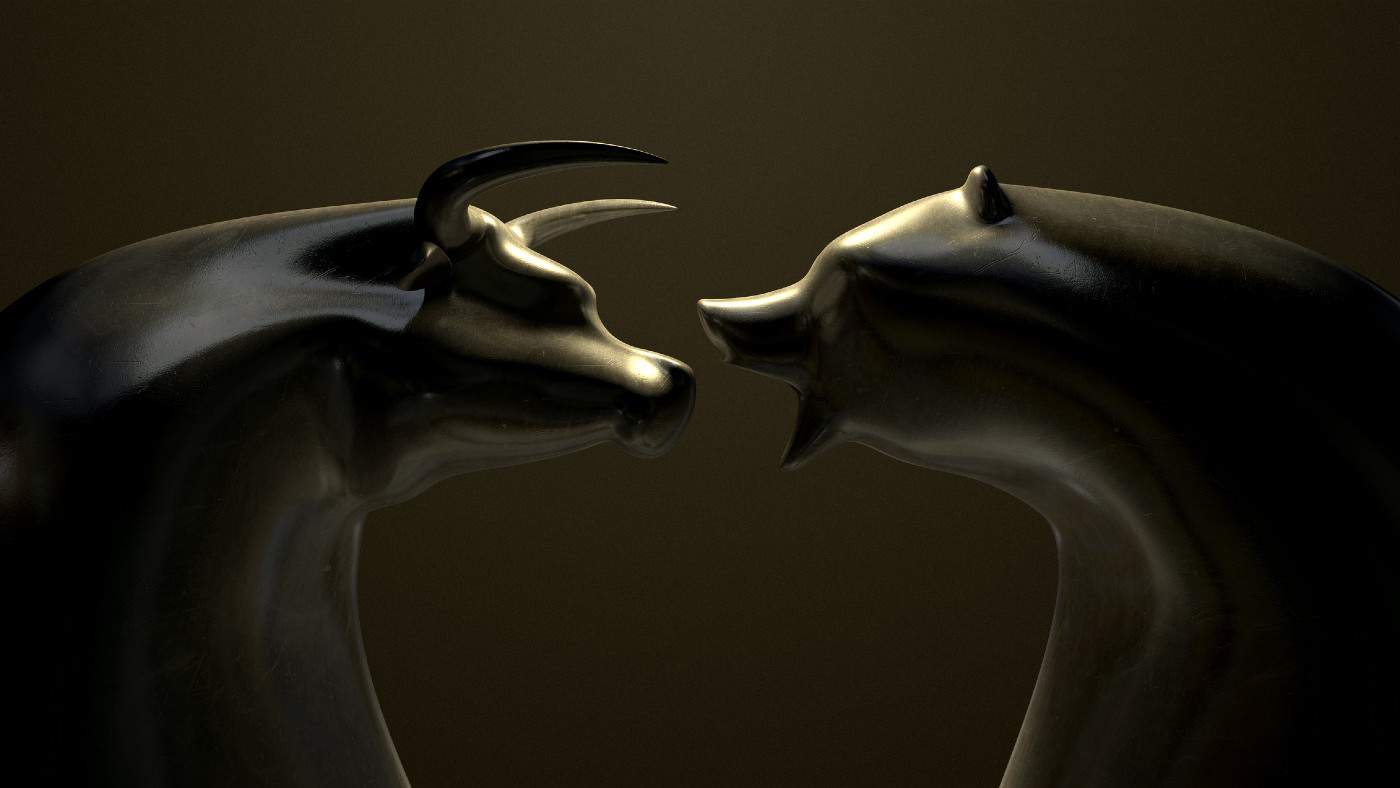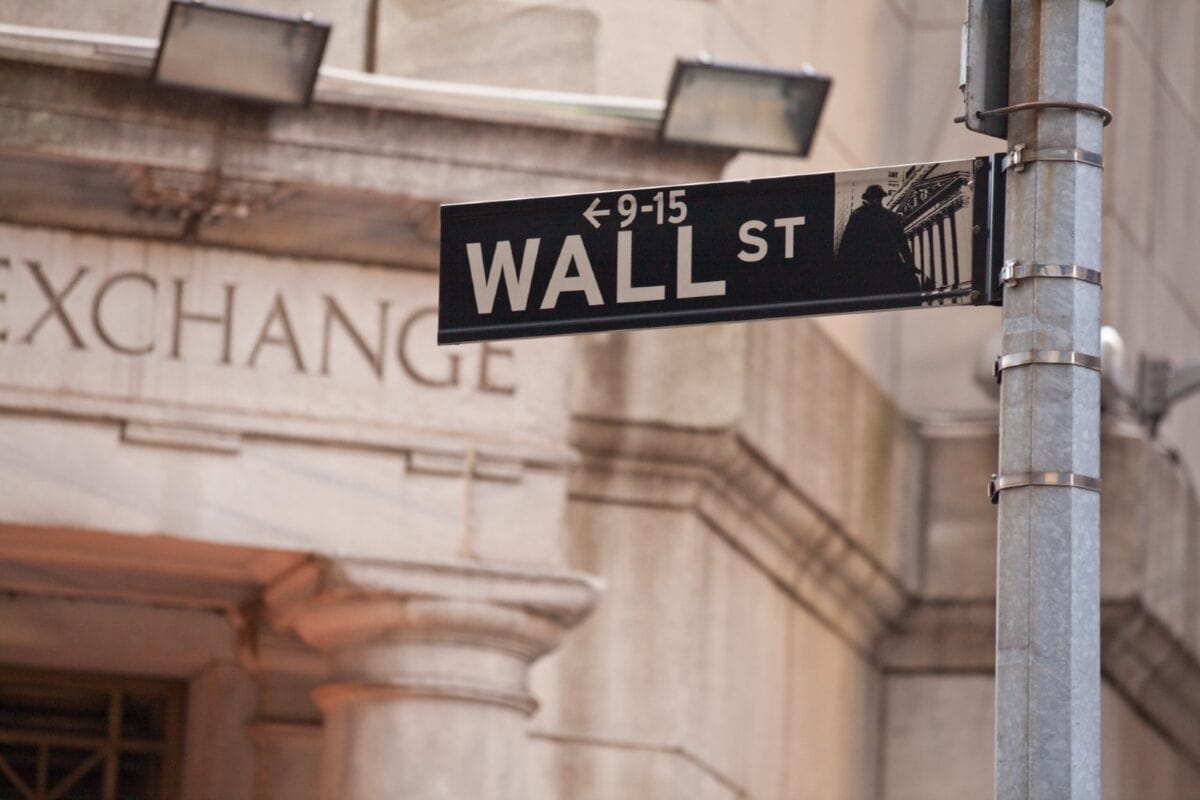Eurozone inflation fell less than many economists forecast in February, fuelling expectations that the European Central Bank will raise interest rates significantly higher this year.
Consumer price growth for the region dipped slightly to 8.5 per cent in the year to February, from 8.6 per cent in January, the EU statistics agency said on Thursday. While energy price inflation slowed, price rises for services, goods and food all gained pace.
Thursday’s figures outstripped the expectations of economists polled by Reuters that inflation in the bloc would fall to 8.2 per cent.
Analysts said the data indicated inflation was likely to fall more slowly for the rest of the year than previously expected and that the ECB would keep raising rates even after an expected 0.5 percentage point rise on March 16.
“We think ECB hawks will use today’s data to call for the bank to extend its string of 50 basis point rate hikes into the second quarter,” said Melanie Debono, economist at research group Pantheon Macroeconomics.
She suggested those arguments could be bolstered by data also released on Thursday showing the resilience of the eurozone labour market — unemployment remained at 6.7 per cent — and a new eurozone record high for core inflation.
Core inflation, which central bankers watch closely as it excludes energy and food prices to give a clearer picture of underlying pressures, rose to 5.6 per cent — up from 5.3 per cent in the previous month.
ECB president Christine Lagarde said before Thursday’s figures were released that while inflation was likely to have risen “a little bit” in February, it was on track to fall “much more” in March, due to the base effects of year-on-year comparisons with last year’s high energy prices.
Borrowing costs for eurozone governments fell after the flash estimates, indicating some investors had expected high February inflation figures. Germany’s two-year borrowing costs fell slightly to 3.18 per cent, but remain more than 50 per cent higher than in December.
Lagarde told Spanish TV station Antena 3 on Thursday that rising food prices would prevent inflation from falling in a straight line and that more rate rises may be needed after this month.
The ECB has raised rates by 3 percentage points since last summer. Financial markets are pricing in a jump in the bank’s deposit rate to 4 per cent later this year, up from 2.5 per cent. That would overtake the 2001 peak of 3.75 per cent, when the ECB was still trying to shore up the value of the newly launched euro.
When the ECB decided to continue raising rates at the start of February its governing council members agreed that “it was much too early to declare victory” in the fight to tame inflation, according to the minutes of the meeting published on Thursday.
“The view was expressed that, given the still substantial distance to the prospective terminal rate, there continued to be value . . . in front-loading rate hikes at the present stage,” the minutes said.
Rate-setters warned that it could take time for price pressures to ease because “the strong and fast pass-through observed as energy prices rose could not be expected to simply reverse swiftly as prices declined”, they said.
Compared with the previous month eurozone consumer prices rose 0.8 per cent in February, rebounding from a monthly decline of 0.2 per cent in January, indicating a resurgence of price pressures.
Annual inflation rose in half the countries that make up the 20-member single currency zone, where price growth ranged from more than 20 per cent in Latvia to just below 5 per cent in Luxembourg. Inflation was higher in Germany, France and Spain.
Food, alcohol and tobacco prices in the eurozone rose by 15 per cent in February, their fastest rate on record. Energy price rises slowed to 13.7 per cent, the lowest rate since June 2021. Services inflation jumped from 4.4 per cent in January to 4.8 per cent in February.
The figures indicate services companies are still being hit by the knock-on effect of last year’s energy shock and are passing on the cost of higher wage growth, which has doubled in the eurozone in the past year to 5 per cent, according to a job ad tracker monitored by the ECB.
“Surveys point to continued gains in employment,” said Jack-Allen Reynolds, an economist at research group Capital Economics. “That should keep services inflation, which accounts for nearly two-thirds of core inflation, very strong.”
Credit: Source link














